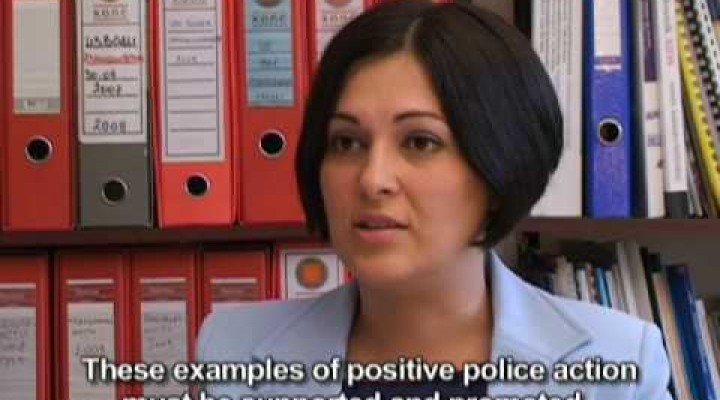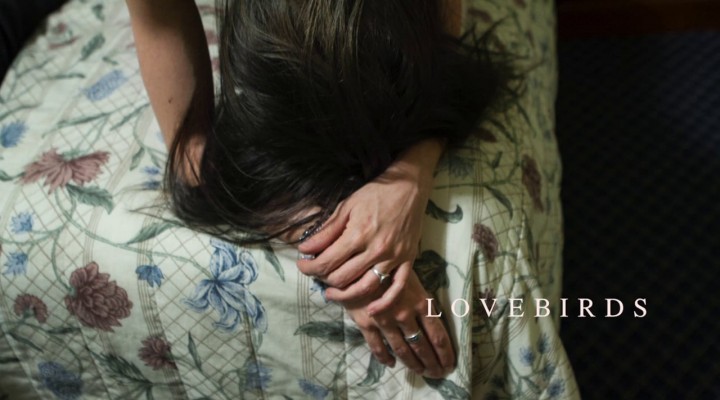THE PROSTITUTES OF LYON SPEAK (LES PROSTITUEES DE LYON PARLENT
From Wikipedia at https://en.wikipedia.org/wiki/Occupation_of_Saint-Nizier_church_by_Lyon_prostitutes
The occupation is remembered every year on 2 June as International Whores’ Day.[1]
The occupation of Saint – Nizier church by Lyon prostitutes refers to the ten – day occupation of the Saint-Nizier Church in Lyon by more than a hundred prostitutes on 2 June 1975 to draw attention to their inhumane working conditions.[1][2][3] The occupation lasted eight days until the women were removed by the police on 10 June. Sympathetic occupations of churches by prostitutes followed in Paris, Marseille, Grenoble, Saint-Étienneand Montpellier.[4]
This video
In the 1970s, French police kept sex workers under increasing pressure. The police reprisals[1] forced sex workers to work increasingly in secret. As a result, protection of sex workers decreased and led to more violence against them. In April 1975, the Lyon prostitutes started to organise themselves and their leader, “Ulla” appeared on television to publicise the women’s demands.[4] After three murders and the unwillingness of the government to improve the situation, sex workers in Lyon took action.[5]
On 2 June 1975 more than 100 prostitutes occupied the Saint-Nizier church in rue de Brest and went on strike.[6] They demanded the end of fines, police harassment[4] and the release from jail of ten of them who had been imprison a few days earlier for soliciting.[6][7] The striking workers sang political chants and demanded decent working conditions and an end to stigma.
The occupation made national headlines and was reported internationally. Local people supported the woman and brought clothes and food. The occupation received support from political, union and feminist organisations.[8][9] Abolitionists, in the form of the Movement du Nid,[10][11] also supported the occupation, hoping the public awareness it raised would help end prostitution.[4]
The parish priest, the Rev. Antonin Bdal, refused to call the police to remove the women.[12] However, acting on Government orders,[4] the police forcibly cleared the church after eight days on 10 June.[13] The Minister of the Interior, Michel Poniatowski,[12] claimed the women had been manipulated into the occupation by pimps,[4] and the Women rights Minister, Françoise Giroud, refused to meet with the women[12] and claimed she was not competent in the matter.[4] The leader of the Movement, “Ulla”, had her real name and photograph printed in the press.[4]
The event marks the starting point of an international movement of sex workers for sex workers’ rights.[14][15]





